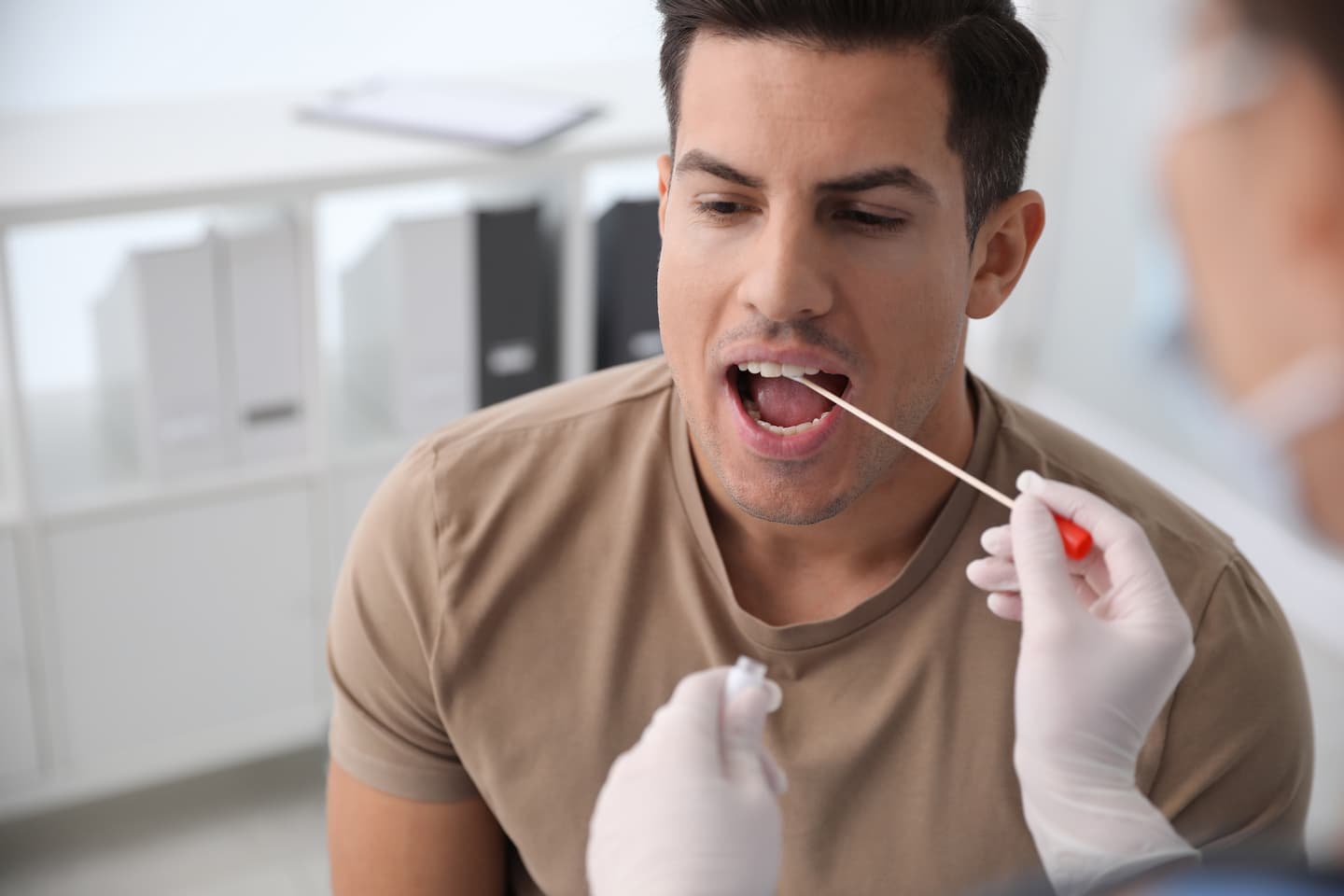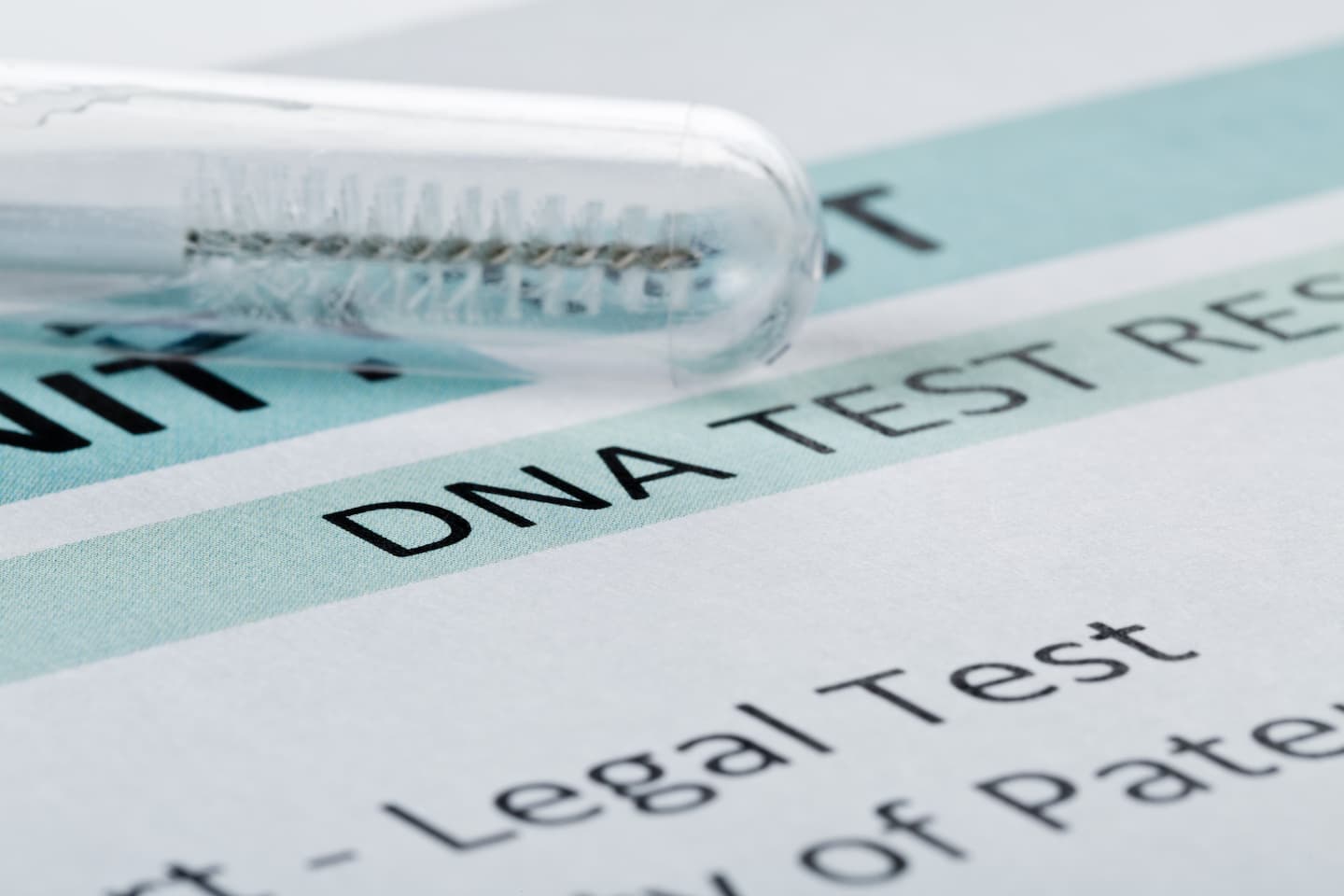CALL US: 801-596-2709
Search site
Business
Transmetron offers the following comprehensive drug, wellness, and alcohol workplace testing programs:Type of tests
Transmetron offers a complete line of tests and services for your drug and alcohol testing needs.- Online Store
- Training Login
- Blogs
Type of tests
Transmetron offers a complete line of tests and services for your drug and alcohol testing needs.Business
Transmetron offers the following comprehensive drug, wellness, and alcohol workplace testing programs:- Online Store
- Training Login
- Blogs
- Online Store
- Training Login
- Blogs



